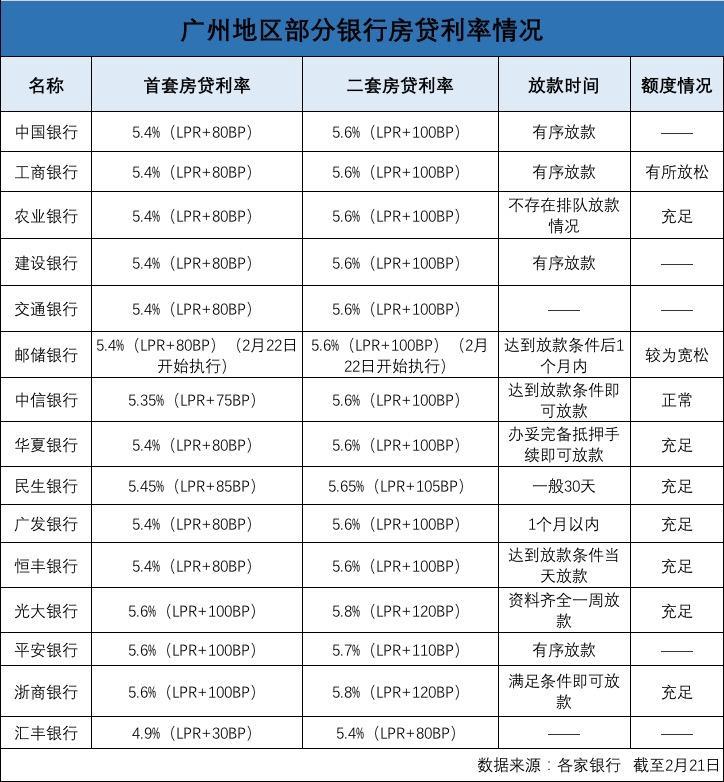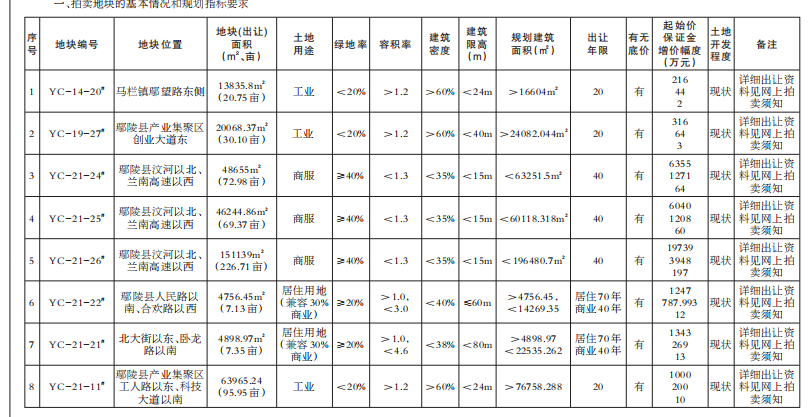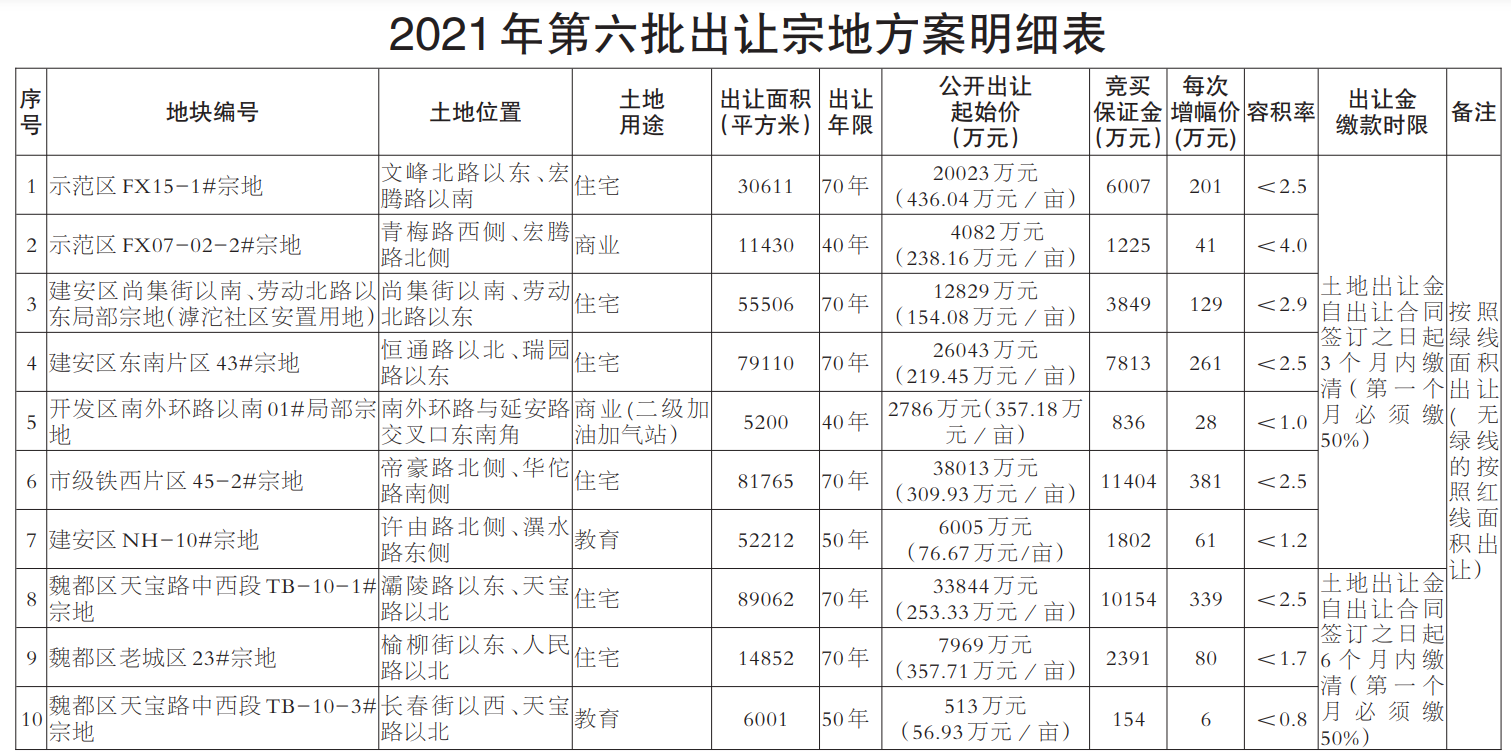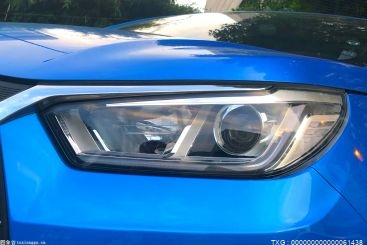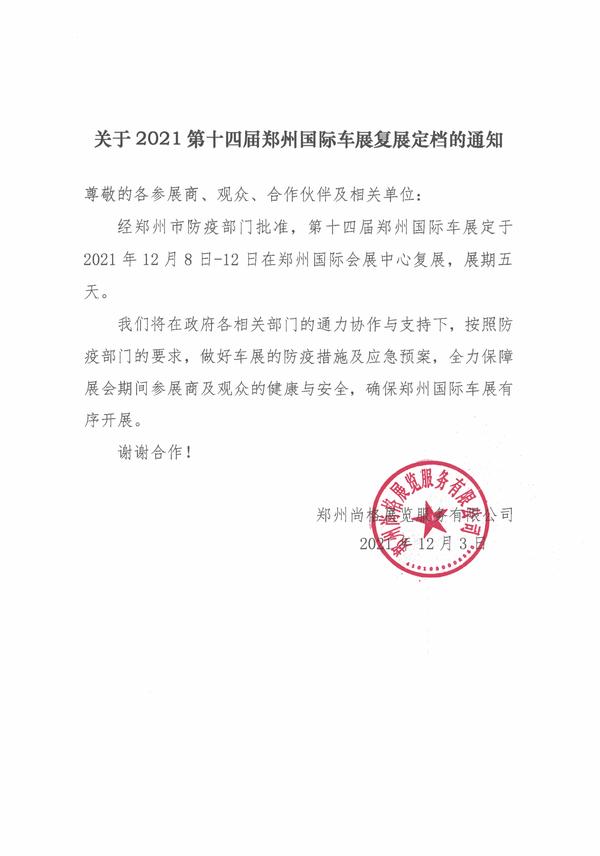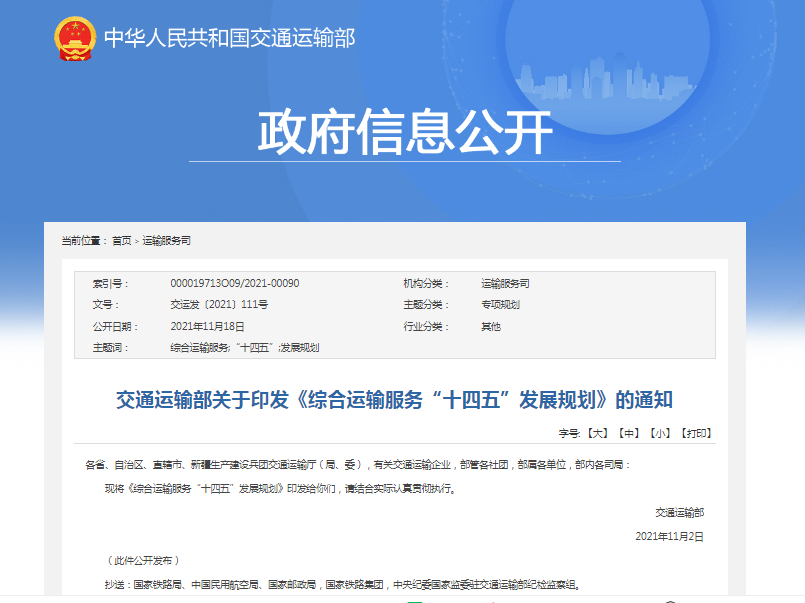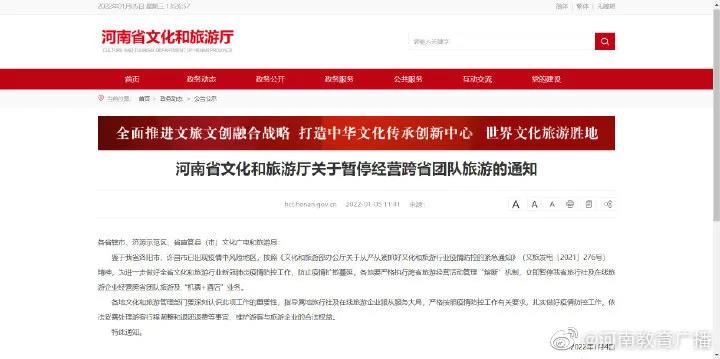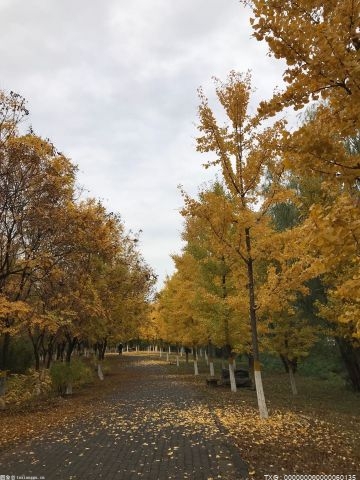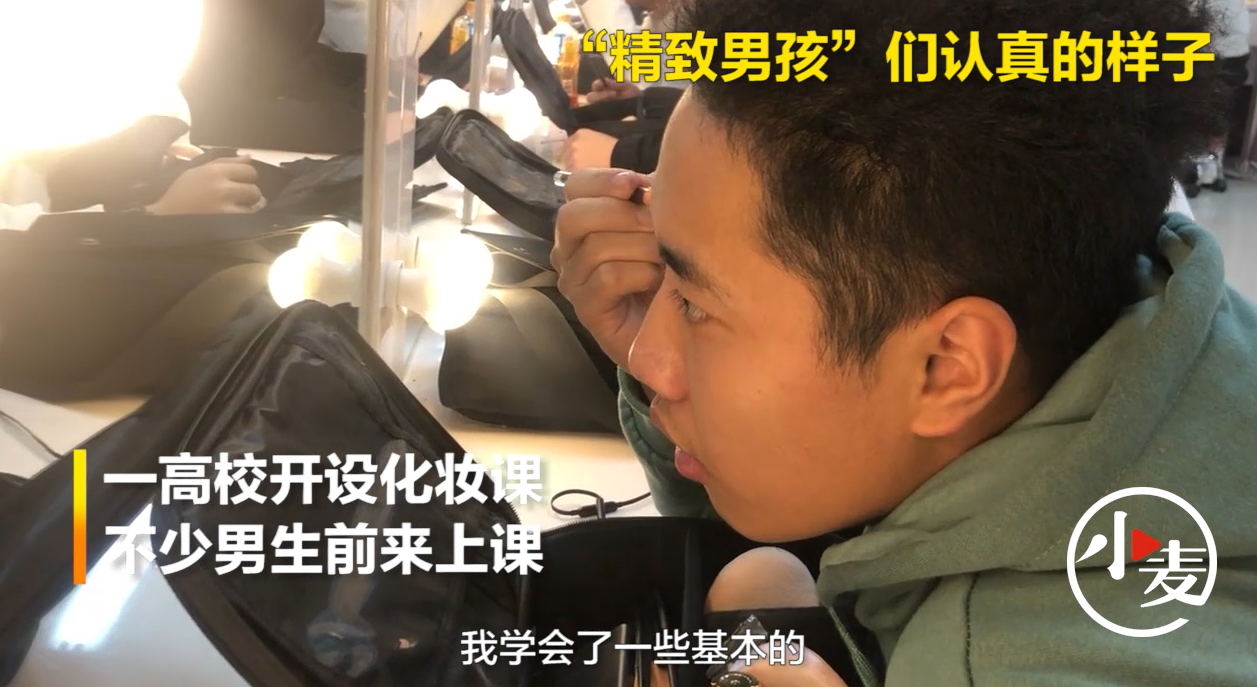都說(shuō)狗鼻子靈,但是科學(xué)家近日發(fā)現(xiàn),螞蟻的鼻子比狗還靈。只需短時(shí)間的訓(xùn)練,螞蟻就能迅速識(shí)別出人體的癌細(xì)胞,甚至還能區(qū)分不同癌細(xì)胞,未來(lái)或可大量應(yīng)用于臨床診斷。
[Photo/Pexels]
一項(xiàng)新研究發(fā)現(xiàn),螞蟻能嗅出人體內(nèi)的癌細(xì)胞,這表明螞蟻可用于未來(lái)對(duì)癌癥的診斷。
Ants have the ability to sniff out cancerous cells in humans, a new study has discovered, suggesting they could be used for cancer diagnosis in future.
法國(guó)國(guó)家科學(xué)研究中心的研究人員發(fā)現(xiàn),絲光褐林蟻的嗅覺非常發(fā)達(dá)。
Researchers from the French National Centre for Scientific Research (CNRS) discovered that ant species Formica fusca has a well developed sense of smell.
有限的試驗(yàn)顯示,這種螞蟻的嗅覺超強(qiáng),能夠?qū)⑷梭w的癌細(xì)胞同健康細(xì)胞區(qū)分開來(lái)。但是該研究團(tuán)隊(duì)表示,還需要進(jìn)行更多臨床測(cè)試才能將絲光褐林蟻用于醫(yī)院等臨床環(huán)境中。
It was able to differentiate cancerous cells from healthy cells in humans, thanks to their sense of smell, limited trials revealed. But more clinical tests must be carried out before they could be used in clinical settings like hospitals, the team said.
研究人員指出,未來(lái)在識(shí)別人體癌細(xì)胞方面,螞蟻可能會(huì)比狗做得更出色。
They suggest that in future, ants could turn out to be better at dogs when it comes to locating cancerous cells in humans.
為了開展這一研究,科學(xué)家用36只螞蟻進(jìn)行了測(cè)試,讓它們?cè)趯?shí)驗(yàn)室環(huán)境中聞細(xì)胞的氣味。
To conduct their research, the scientists performed tests with 36 ants, smelling cells under a laboratory setting.
首先,科學(xué)家讓螞蟻聞一份人體癌細(xì)胞的樣本,每當(dāng)螞蟻聞癌細(xì)胞,就會(huì)給它們糖液獎(jiǎng)勵(lì)。
First, the specialists exposed the ants to the smell of a sample of cancerous human cells. This odor was then associated with a reward of sugar solution.
接下來(lái),研究人員讓螞蟻聞兩種不同的氣味。一種是新氣味,另一種是癌細(xì)胞的氣味。
In a second step, the researchers exposed the ants to two different odors. One was a new smell and the second was the smell of the cancerous cells.
這一測(cè)試獲得成功后,研究人員又讓螞蟻聞兩種不同的癌細(xì)胞。
Once this test was successful, the researchers exposed the ants to different cancerous cells.
于是,科學(xué)家發(fā)現(xiàn)“螞蟻能將癌細(xì)胞和健康細(xì)胞區(qū)分開來(lái),也能分辨不同的癌細(xì)胞”。
As such, the scientists found that "ants discriminate between cancerous and healthy cells and between two cancerous lines."
經(jīng)過(guò)訓(xùn)練,絲光褐林蟻能夠識(shí)別出癌細(xì)胞散發(fā)出的揮發(fā)性有機(jī)化合物。
After training, Formica fusca ants are able to detect volatile organic compounds emitted by cancerous cells.
法國(guó)國(guó)家科學(xué)研究中心在一份新聞稿中指出:“這項(xiàng)初步研究表明,螞蟻擁有巨大的潛力和快速的學(xué)習(xí)能力,不僅成本低還高效。”
"This first study shows that ants have high potential, are capable of learning very quickly, at lower cost, and are efficient," points out CNRS in a news release.
這不是科學(xué)家第一次利用動(dòng)物嗅覺來(lái)識(shí)別癌細(xì)胞。
This isn"t the first time that scientists have used the animal sense of smell to locate cancerous cells.
研究人員解釋道:“狗鼻子很適合用于醫(yī)療診斷以及識(shí)別癌細(xì)胞(的揮發(fā)性有機(jī)化合物)。”
"Dogs" noses are well suited for medical diagnosis and used for the detection of cancer-specific [volatile organic compounds]," the researchers explained.
但是,讓狗學(xué)會(huì)識(shí)別癌細(xì)胞需要長(zhǎng)達(dá)幾個(gè)月至一年的訓(xùn)練。
However, training them to do so requires several months to a year.
研究人員指出,與此同時(shí),“在受控條件下養(yǎng)殖昆蟲很容易,成本低廉,而且昆蟲嗅覺發(fā)達(dá),只需幾次測(cè)試就能訓(xùn)練出數(shù)百只昆蟲。”
On the other hand, "insects can be easily reared in controlled conditions, they are inexpensive, they have a very well-developed olfactory system and hundreds of individuals can be conditioned with very few trials," the researchers point out.
該團(tuán)隊(duì)解釋說(shuō):“因此螞蟻?zhàn)鳛樽R(shí)別癌細(xì)胞揮發(fā)物的工具,既快速、高效、廉價(jià),辨別力又強(qiáng)。”
"Ants therefore represent a fast, efficient, inexpensive, and highly discriminant detection tool for detection of cancer cell volatiles," the team explained.
“我們的方法未來(lái)也可用于其他一系列復(fù)雜的氣味識(shí)別任務(wù),包括識(shí)別毒品、爆炸物、過(guò)期食品或瘧疾、傳染病、糖尿病等疾病。”
"Our approach could potentially be adapted to a range of other complex odor detection tasks including the detection of narcotics, explosives, spoiled food, or other diseases, including malaria, infections, and diabetes."
這一研究結(jié)果被發(fā)表在《交叉科學(xué)》期刊上。
The findings have been published in the journal iScience.
來(lái)源:中國(guó)日?qǐng)?bào)網(wǎng)英語(yǔ)點(diǎn)津 翻譯&編輯:丹妮
【來(lái)源:中國(guó)日?qǐng)?bào)網(wǎng)】
-
山東萊西市委書記、市長(zhǎng)等被處分
頭條 22-03-10
-
鄭州市金水區(qū):已累計(jì)為5493家企業(yè)提供擔(dān)保貸款9.66億元
頭條 22-03-10
-
立方風(fēng)控鳥·晚報(bào)(3月10日)
頭條 22-03-10
-
起始價(jià)2725.75萬(wàn)元!信陽(yáng)擬出讓1宗130畝工業(yè)用地
頭條 22-03-10
-
京東2021年全年凈收入9516億元 同比增長(zhǎng)27.6%
頭條 22-03-10
-
宇通重工擬回購(gòu)0.5億元~1億元股份
頭條 22-03-10
-
中光學(xué)2021年?duì)I收41.28億元,同比增長(zhǎng)23.88%
頭條 22-03-10
-
美的集團(tuán)擬最高回購(gòu)50億元股份,回購(gòu)價(jià)格不超70元/股
頭條 22-03-10
-
擴(kuò)大高質(zhì)量發(fā)展“朋友圈”!河南深化區(qū)域合作“十四五”謀新篇
頭條 22-03-10
-
神馬股份擬對(duì)上海神馬工程塑料增資5182.4萬(wàn)元
頭條 22-03-10
-
快訊!李本斌當(dāng)選神馬股份董事長(zhǎng)
頭條 22-03-10
-
多氟多:預(yù)計(jì)一季度凈利7億元~7.3億元,同比大增超6倍
頭條 22-03-10
-
快訊!惠豐鉆石北交所IPO獲受理
頭條 22-03-10
-
快訊!李濤任漯河城投集團(tuán)董事長(zhǎng)
頭條 22-03-10
-
南京鋼鐵副總裁、總工程師楚覺非一行到訪平煤神馬集團(tuán)
頭條 22-03-10
-
俄外交部宣布俄羅斯將不再參加歐洲委員會(huì)
頭條 22-03-10
-
正在公示!3家企業(yè)進(jìn)入駐馬店可降解塑料生產(chǎn)“白名單”
頭條 22-03-10
-
洛陽(yáng)國(guó)宏投資集團(tuán)3億元超短融完成發(fā)行,利率3.6%
頭條 22-03-10
-
云南楚雄州黨政代表團(tuán)到焦作龍佰集團(tuán)考察
頭條 22-03-10
-
鄭州將推動(dòng)“鄭州燴面”申報(bào)非物質(zhì)文化遺產(chǎn)
頭條 22-03-10
-
打造中部時(shí)尚消費(fèi)中心,鄭州金水區(qū)如何發(fā)力?
頭條 22-03-10
-
鄭州支持方特、電影小鎮(zhèn)等打造“夜經(jīng)濟(jì)”特色品牌
頭條 22-03-10
-
鄭州支持農(nóng)科路酒吧休閑一條街、天下收藏文化街等建設(shè)成特色名街
頭條 22-03-10
-
濮陽(yáng)關(guān)于新增2例新冠肺炎確診病例和2例無(wú)癥狀感染者的通告
頭條 22-03-10
-
國(guó)家衛(wèi)健委:昨日新增本土確診病例402例
頭條 22-03-10
-
立方風(fēng)控鳥·早報(bào)(3月10日)
頭條 22-03-10
-
河南昨日新增本土確診病例2例
頭條 22-03-10
-
濮陽(yáng)今日10點(diǎn)開展第二輪全員核酸檢測(cè)
頭條 22-03-10
-
濮陽(yáng)最新緊急通知:實(shí)行“居家辦公”
頭條 22-03-10
-
研發(fā)投入領(lǐng)跑全省,2021年洛陽(yáng)市科技工作交上亮眼成績(jī)單
頭條 22-03-10
-
河南:各類市場(chǎng)主體逾期未年報(bào) 列入異常名錄并罰款
頭條 22-03-09
-
銀基文旅開啟上市輔導(dǎo),河南文旅企業(yè)或提速?zèng)_刺資本市場(chǎng)
頭條 22-03-09
-
全國(guó)人大代表張雄:建議實(shí)行核酸檢測(cè)免費(fèi)制度
頭條 22-03-09
-
皮海洲:將A股市場(chǎng)股票漲跌幅限制統(tǒng)一為10%是合適的
頭條 22-03-09
-
今晨,三條高鐵在鄭州東站“牽手”!
頭條 22-03-09
-
信陽(yáng)市市長(zhǎng)陳志偉會(huì)見中原銀行行長(zhǎng)王炯
頭條 22-03-09
-
鶴壁市7家景區(qū)獲災(zāi)后恢復(fù)重建補(bǔ)助資金1155萬(wàn)元
頭條 22-03-09
-
中國(guó)載人航天工程總設(shè)計(jì)師周建平:神舟飛船可用于太空旅行
頭條 22-03-09

- 雙語(yǔ)早讀丨科學(xué)家發(fā)現(xiàn)螞蟻能嗅出癌癥 比狗2022-03-11
- 俄烏外長(zhǎng)會(huì)未有突破 雙方愿意繼續(xù)對(duì)話2022-03-11
- 順德大叔喜中“綠翡翠”25萬(wàn):獎(jiǎng)金用來(lái)孝敬2022-03-11
- 信陽(yáng)平橋:民警深入校園開展法制安全教育2022-03-11
- 檢警密切配合 周口市“偵查監(jiān)督與協(xié)作配合2022-03-11
- 汝南縣張樓鎮(zhèn)財(cái)政所:環(huán)境保護(hù)不掉位 在“2022-03-11
- 駐馬店技師學(xué)院舉辦校園廣播站播音員選拔大2022-03-11
- 駐馬店市劉閣街道紀(jì)工委:靠前監(jiān)督助力環(huán)境2022-03-11
- 全國(guó)首例!鄭州南站聯(lián)方網(wǎng)殼清水混凝土雨棚2022-03-11
- 【兩會(huì)微觀察】創(chuàng)新!好政策開啟新未來(lái)2022-03-11
- 4月23日開賽!2022鄭開國(guó)際馬拉松報(bào)名開啟2022-03-11
- 全省首例!她們?cè)?ldquo;頭發(fā)絲兒”粗細(xì)的淋巴管2022-03-11
- 濮陽(yáng):全力保障封管控區(qū)居民生活2022-03-11
- 送崗位還送政策服務(wù)!3月11日別錯(cuò)過(guò)鄭州這2022-03-11
- 2分鐘就醫(yī)!老人突發(fā)疾病搶出“救生速度”2022-03-11
- 315消費(fèi)提醒:網(wǎng)紅金(銀)箔食品能吃嗎?2022-03-11
- 4月23日開賽!2022鄭開國(guó)際馬拉松報(bào)名開啟2022-03-11
- 來(lái)賓市舉行2022年第一季度平安來(lái)賓建設(shè)新聞2022-03-11
- 極美南京|櫻花迎來(lái)盛花期 玄武湖景區(qū)開啟2022-03-11
- 極美南京|詩(shī)意田園美如畫 江寧石塘有人家2022-03-11
- 裝修怕踩坑?貴州這家裝修公司為業(yè)主提供122022-03-11
- 本月底,漳州勝利路人行道將開始進(jìn)行提升改2022-03-11
- 金水區(qū)工人第一新村小學(xué)迎接金水區(qū)教育局春2022-03-11
- 沈丘縣組織收聽收看全市“兩會(huì)”期間信訪穩(wěn)2022-03-11
- 沈丘縣自然資源局提升服務(wù)效能 優(yōu)化營(yíng)商環(huán)2022-03-11
- 周口市自然資源和規(guī)劃局調(diào)研沈丘縣國(guó)土空間2022-03-11
- 省經(jīng)濟(jì)林和林木種苗站調(diào)研組來(lái)西華縣自然資2022-03-11
- 京東全渠道GMV同比增長(zhǎng)近80%,數(shù)實(shí)融合推2022-03-11
- 新研究認(rèn)為英國(guó)巨石陣是一個(gè)古代使用的太陽(yáng)2022-03-11
- 研究人員發(fā)現(xiàn)傾斜的星系使電離碳發(fā)射研究變2022-03-11
精彩推薦
閱讀排行
- 全國(guó)首例!鄭州南站聯(lián)方網(wǎng)殼清水混凝土雨棚全面完成
- 【兩會(huì)微觀察】創(chuàng)新!好政策開啟新未來(lái)
- 4月23日開賽!2022鄭開國(guó)際馬拉松報(bào)名開啟
- 全省首例!她們?cè)凇邦^發(fā)絲兒”粗細(xì)的淋巴管、血管上進(jìn)行手術(shù),解決患者淋巴水腫難題
- 濮陽(yáng):全力保障封管控區(qū)居民生活
- 送崗位還送政策服務(wù)!3月11日別錯(cuò)過(guò)鄭州這場(chǎng)招聘會(huì)
- 2分鐘就醫(yī)!老人突發(fā)疾病搶出“救生速度”
- 315消費(fèi)提醒:網(wǎng)紅金(銀)箔食品能吃嗎?
- 4月23日開賽!2022鄭開國(guó)際馬拉松報(bào)名開啟!這些事項(xiàng)要注意
- 春季火災(zāi)高發(fā),市民發(fā)現(xiàn)高層建筑中給電動(dòng)車充電等情況,可隨時(shí)撥打“12345”舉報(bào)
要聞
山東部署開展教育收費(fèi)專項(xiàng)檢查 減
學(xué)校門口200米內(nèi)不能有食品攤販經(jīng)營(yíng)
安徽實(shí)施“五大提升”行動(dòng) 增強(qiáng)脫
- 全國(guó)首例!鄭州南站聯(lián)方網(wǎng)殼清水混
- 【兩會(huì)微觀察】創(chuàng)新!好政策開啟新
- 4月23日開賽!2022鄭開國(guó)際馬拉松報(bào)
- 全省首例!她們?cè)?ldquo;頭發(fā)絲兒”粗細(xì)
- 濮陽(yáng):全力保障封管控區(qū)居民生活
- 送崗位還送政策服務(wù)!3月11日別錯(cuò)過(guò)
- 2分鐘就醫(yī)!老人突發(fā)疾病搶出“救生
- 315消費(fèi)提醒:網(wǎng)紅金(銀)箔食品能
- 4月23日開賽!2022鄭開國(guó)際馬拉松報(bào)
- 春季火災(zāi)高發(fā),市民發(fā)現(xiàn)高層建筑中




